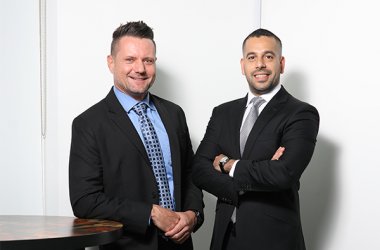
Microsoft’s successful settlement of its antitrust issues with the European Commission was welcomed by the software company’s foes and friends alike Wednesday, with many hailing the moment as a turning point for the computer industry.
But some urged caution, warning that Microsoft has a history of dragging its feet when it comes to addressing antitrust concerns.
Not only did the world’s biggest software company agree to allow users a choice of Internet browsers instead of just offering them its own Internet Explorer browser, it also agreed to open up a wide range of its software products, including the Windows operating system, Windows Server, Office, Exchange and SharePoint products, to direct competition for the first time.
The legally binding commitments Microsoft made in the browser case mark "a victory for the future of the Web and its users," Hakon Wium Lie, the chief technology officer at Opera said at a press conference.
Opera is a small rival to Microsoft’s IE in the browser market. It sparked the European Commission’s case when it complained to the regulator about Microsoft’s behavior at the end of 2007.
One of Opera’s key concerns was that Microsoft refused to respect technology standards that are widely used by other Internet companies. As IE is omnipresent, many Web sites tailored their pages just for IE and not other browsers including Opera.
"The days when companies could use poor standards support to tie down users are over," Wium Lie added.
The commitments to open up Office and other software products to competition are not legally binding because the Commission had not yet started formal legal proceedings in this separate antitrust case, known as the interoperability case.
The Commission said it would keep the case open and would only close it once Microsoft had honored its commitments, which include providing information to third-party software developers so that they can make their software interoperable with Microsoft’s.
Competition Commissioner Neelie Kroes said she hoped the Commission would be able to sign off on the interoperability case early next year.
However, some questioned whether it is feasible for third-party developers to adapt their products to work with Microsoft’s in such a short time.
Open Office, an open-source alternative to Microsoft’s Office package of applications, which is developed by Sun Microsystems among others, currently doesn’t work well with Office.
Adapting it using the information Microsoft will provide would take at least three or four months, said Thomas Vinje, the lawyer representing Opera, Mozilla (maker of the Firefox browser), and ECIS, a trade group representing Microsoft’s biggest rivals, which sparked the interoperability case with a complaint last year.
The legally binding commitments Microsoft made in the browser case mark “a victory for the future of the Web and its users,”





